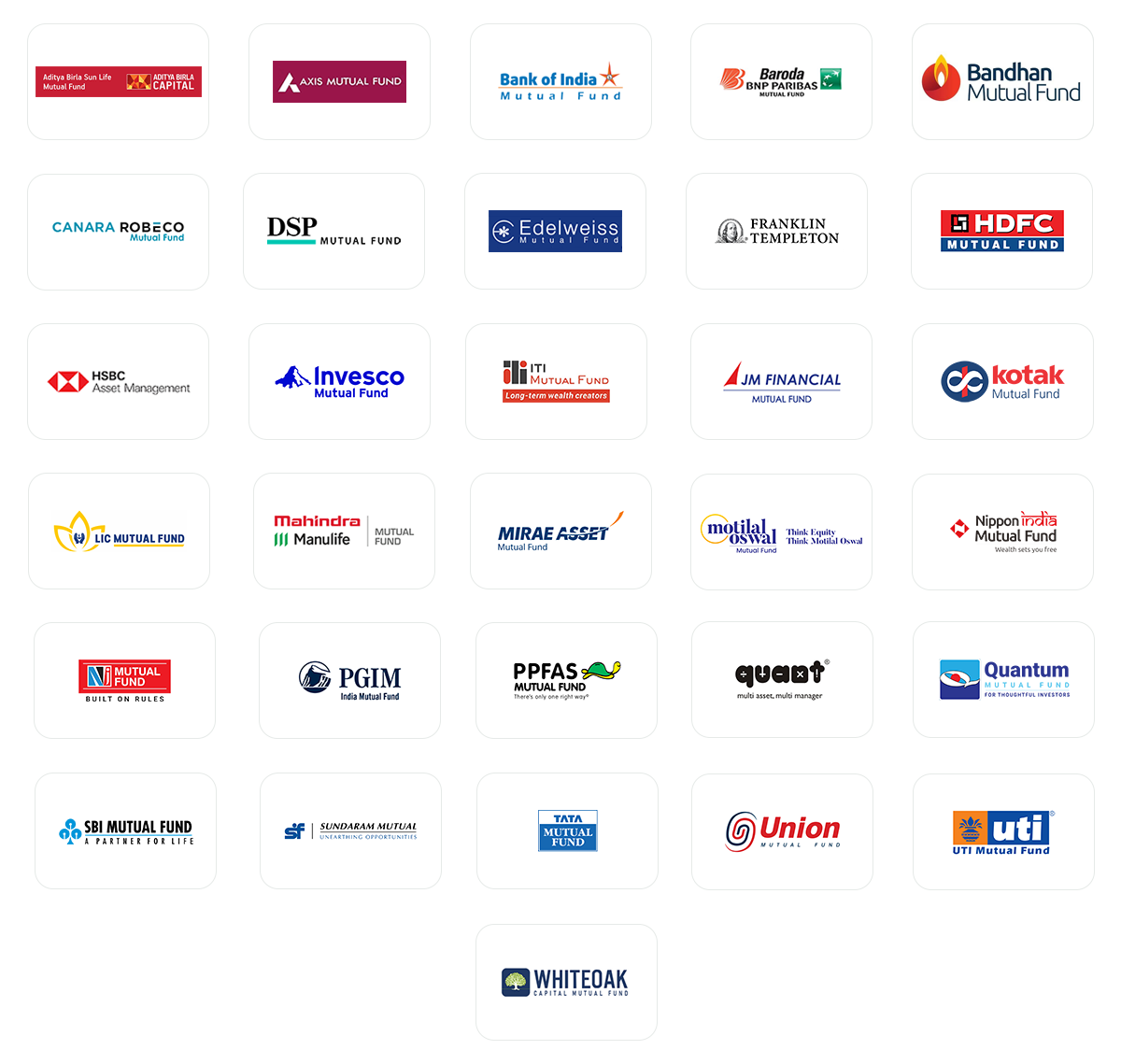Alternative Investment

Unlocking Opportunities Beyond Traditional Investments
Alternative Investment Funds (AIFs) have emerged as a dynamic investment avenue, offering diversification and unique opportunities beyond traditional asset classes.
AIFs are called 'alternatives' because they provide investment options beyond traditional asset classes like equities and bonds. These funds explore diverse investment strategies, asset classes, and market segments intending to generate attractive risk-adjusted returns. The term 'alternative' signifies the non-conventional nature of these investments.
Who can invest in Alternative Investment Funds?
AIFs are for sophisticated investors, high-net-worth individuals, institutional investors, and qualified institutional buyers. SEBI sets eligibility criteria for investing in AIFs, which typically consider minimum net worth, financial expertise, and risk-taking ability. These criteria ensure that AIF investments are accessed by knowledgeable investors who can bear the associated risks.
The rule of thumb to consider for AIF investors are
- The minimum investment required in the AIF is Rs 1 crore for an investor.
- Employees, Directors, and fund managers can make a minimum investment of Rs 25 lakh.
- Expect a lock-in period of around 3 yrs. Some AIFs may not have a lock-in, and some may have a lock-in of up to 5 years.
Types of Alternative Investments Funds:
AIFs encompass a range of investment strategies and asset classes. SEBI categorises AIFs into three broad categories based on their investment strategies and target investors:
Category I AIFs
- These funds include social venture, infrastructure, and venture capital funds. They invest in sectors or areas with positive social or economic impacts and contribute to the country's development. For example:
- Infrastructure Funds: Infrastructure funds invest in infrastructure projects, including roads, ports, power plants, and airports. These funds aim to generate stable, long-term returns by participating in projects with predictable cash flows.
Category II AIFs
- This category includes funds that do not fall under Category I or III. They comprise private equity funds, debt funds, and funds for distressed assets. Category II AIFs do not undertake leverage or borrowing other than to meet operational requirements. An example of these will be:
- Real Estate Funds: These funds primarily invest in real estate properties, such as residential, commercial, or industrial projects. They may focus on property development, rental income, or capital appreciation.
- Private Equity Funds: Private equity funds invest in privately held companies at various stages of their lifecycle, including startups, growth-stage, or mature companies. They aim to provide capital for expansion, acquisitions, or operational improvements.
- Venture Capital Funds: Venture capital funds fund early-stage or startup companies with high growth potential. These funds invest in technology, healthcare, and innovation, supporting entrepreneurship and innovation.
Category III AIFs:
- These funds engage in diverse trading strategies, including hedge funds and other funds that use complex trading techniques. Category III AIFs can undertake leverage and borrowing to generate higher returns.
What to expect when considering AIF investments
Investing in AIFs requires careful consideration and due diligence. Here are a few crucial aspects to keep in mind:
Risk and Return :
AIFs often involve higher risks compared to traditional investments. The potential for higher returns comes with the possibility of greater volatility and downside risks. Understanding the risk profile and investment strategy of each AIF is crucial.
Lock-in Period and Exit Options :
AIFs typically have a lock-in period during which investors may be unable to redeem their investments. The lock-in period can vary depending on the fund's structure and investment strategy. Investors should carefully evaluate their liquidity needs and investment horizon.
Expert Fund Management :
AIFs are managed by experienced fund managers specialising in the specific investment strategy or asset class. Evaluating the fund manager's track record, expertise, and investment philosophy before committing to an AIF is essential.
Regulatory Framework :
AIFs in India are regulated by SEBI to ensure investor protection and transparency. Familiarise yourself with the regulatory guidelines, disclosure requirements, and reporting standards applicable to AIFs.
Alternative Investment Funds provide sophisticated investors access to unique investment strategies and asset classes beyond traditional investments. AIFs cater to knowledgeable investors, offering various types of funds such as real estate, private equity, hedge, venture capital, and infrastructure funds. Understanding the different categories regulated by SEBI, evaluating the associated risks, and conducting thorough due diligence is essential when considering investments in AIFs. With proper research and careful consideration, AIFs can be valuable to a diversified investment portfolio, offering the potential for attractive risk-adjusted returns.

